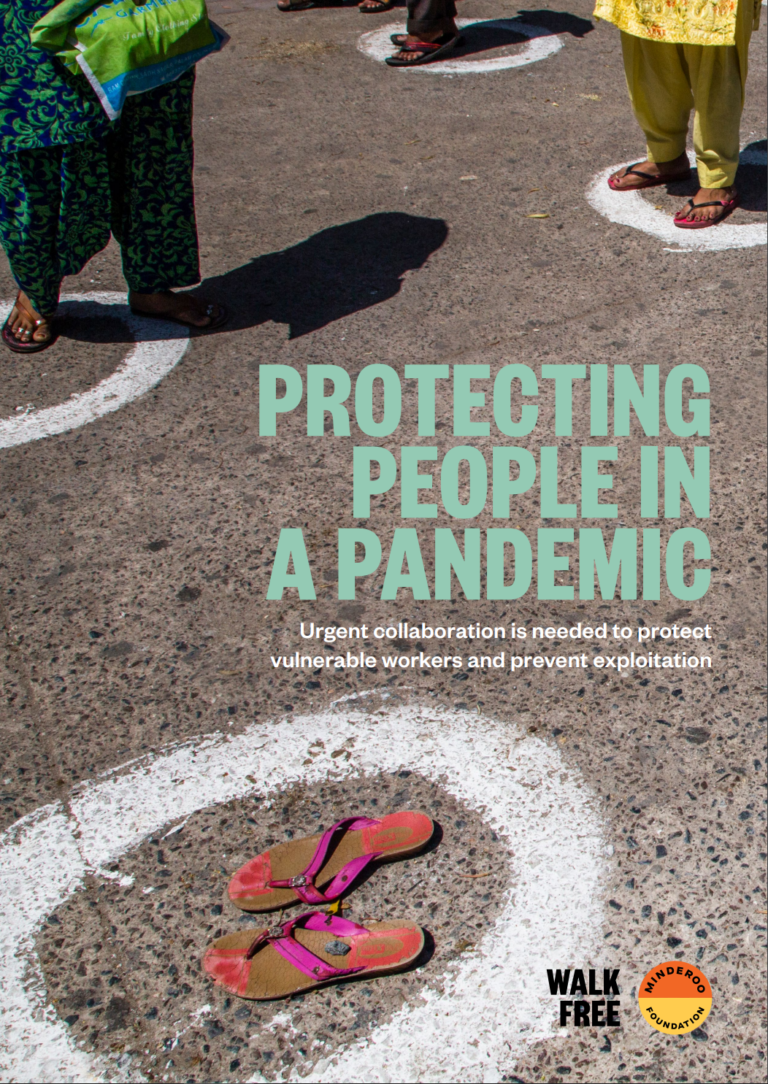Business: It’s time to act – decent work, modern slavery & child labour
GuidanceDecent work cannot exist where modern slavery and child labour persist. Forced labour, modern slavery and child labour are complex problems associated with poverty, governance failures and inequalities in the global labour market. Tackling them requ...Read More

